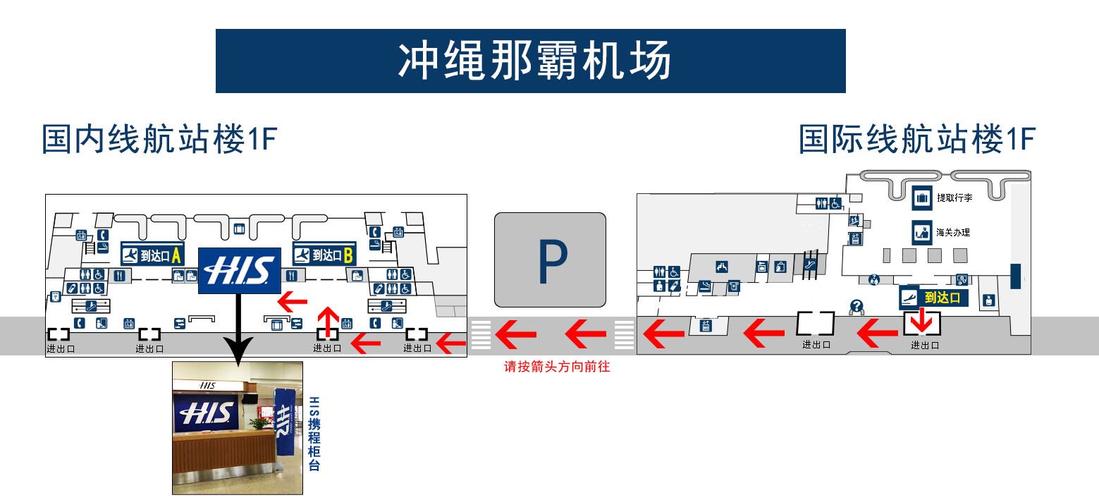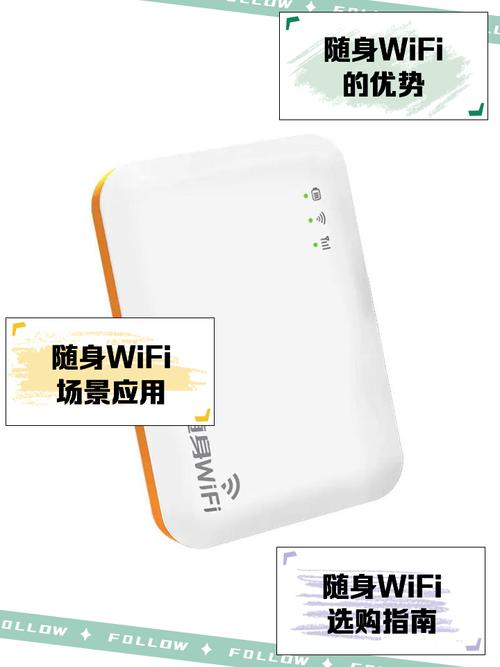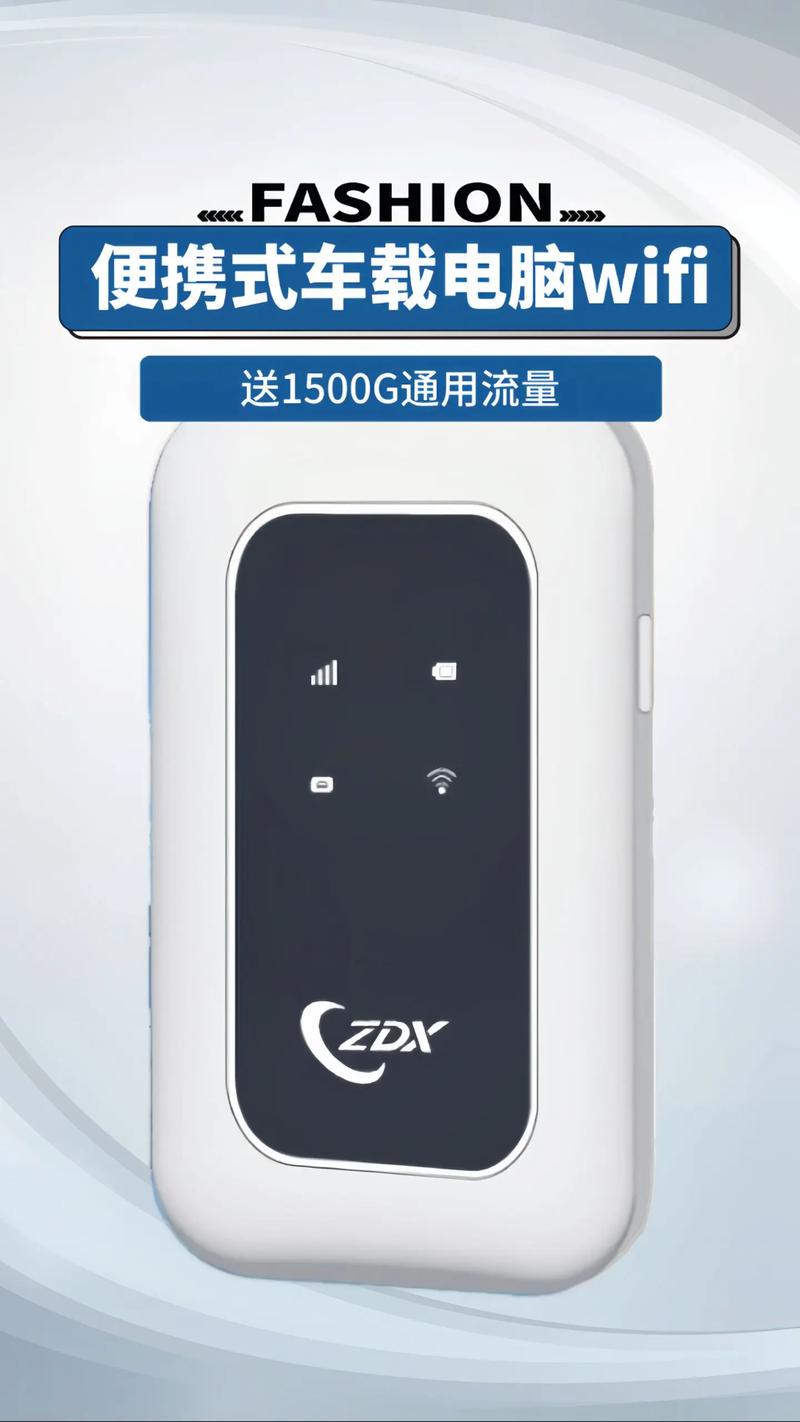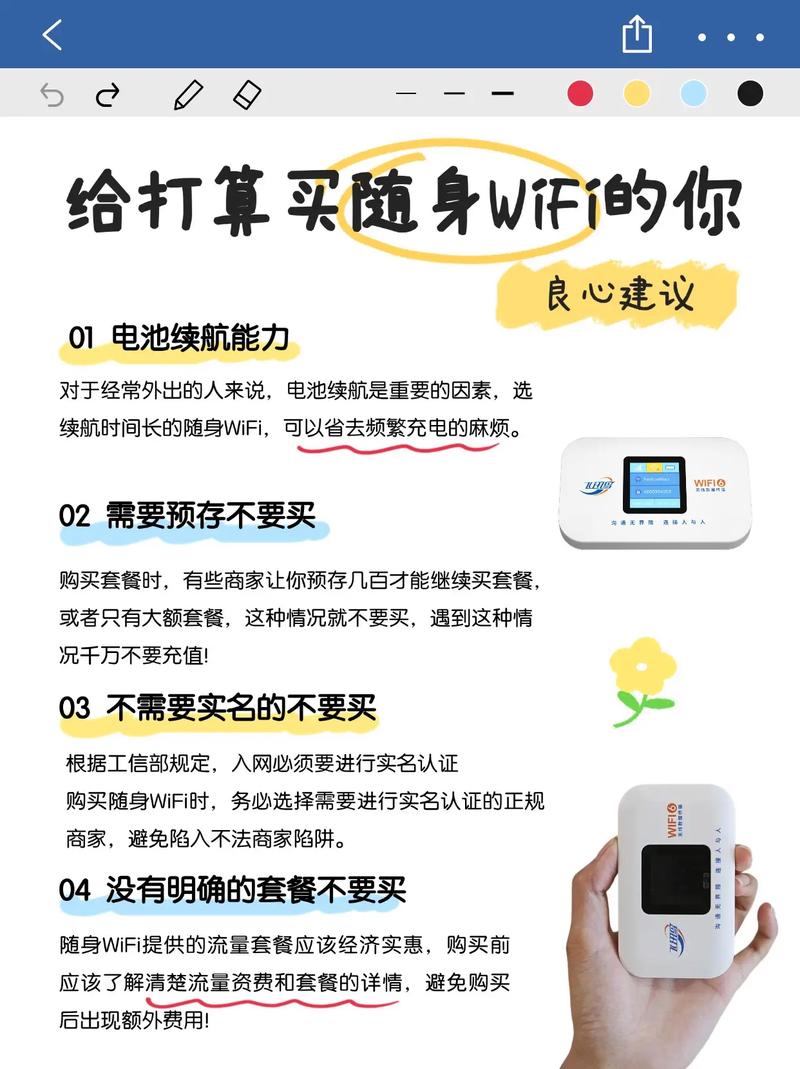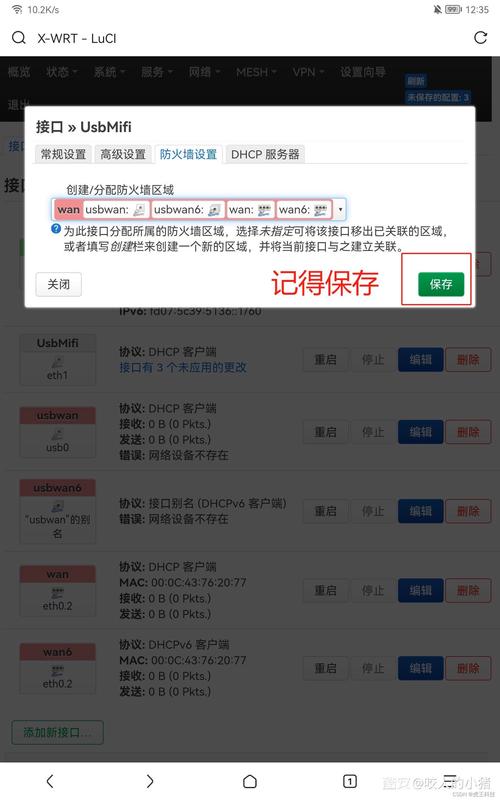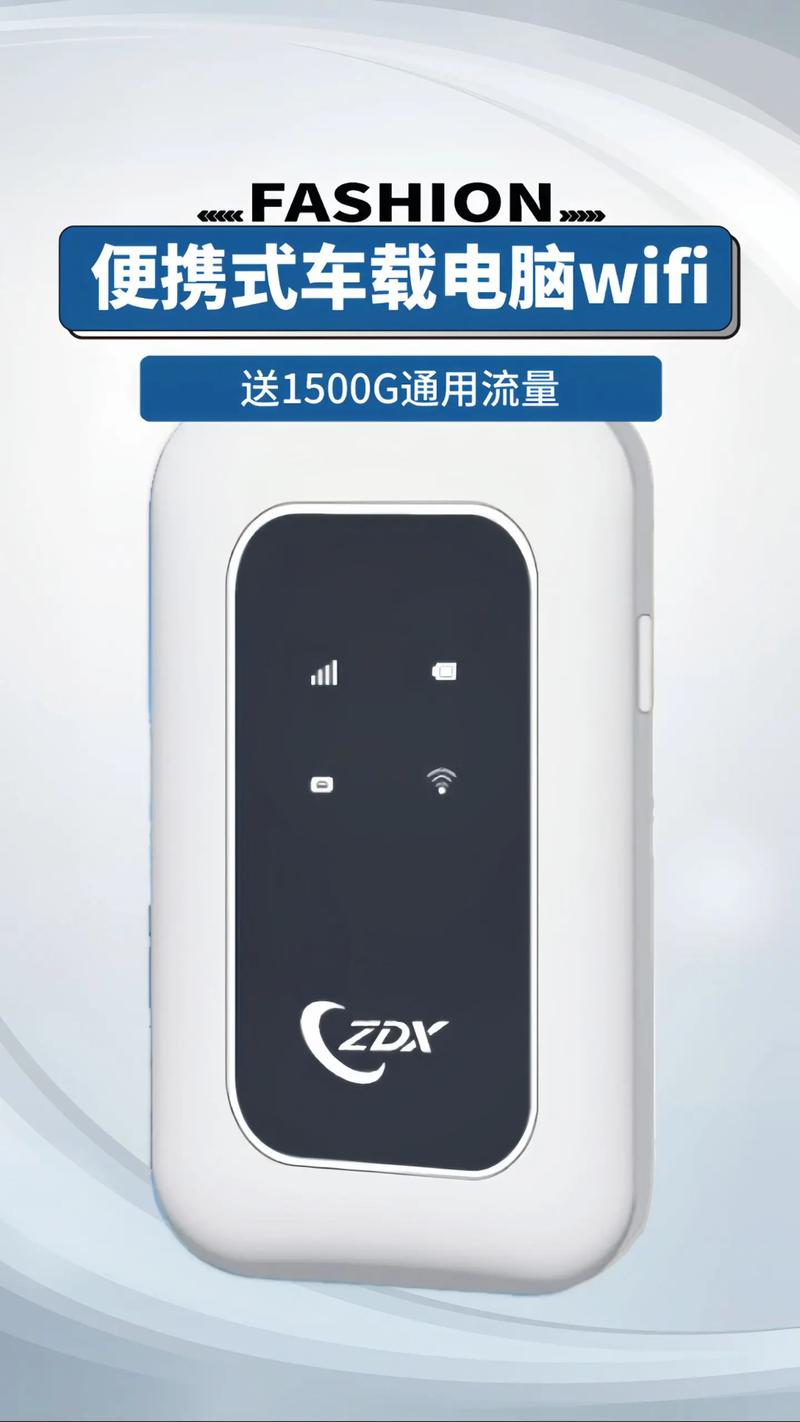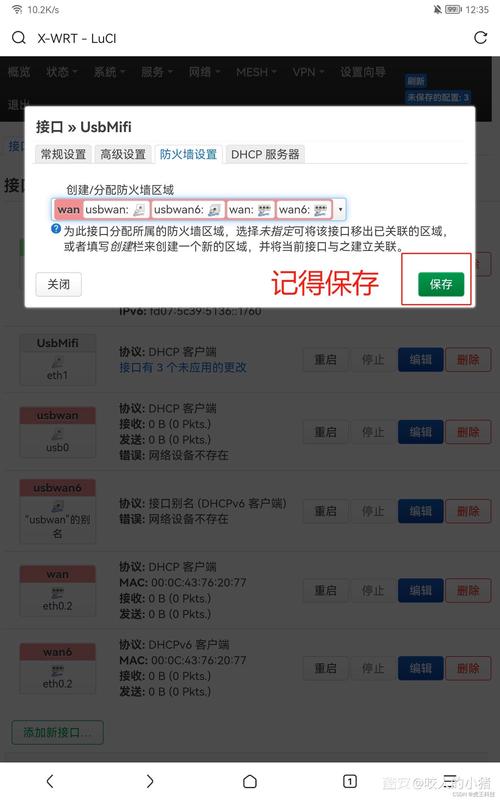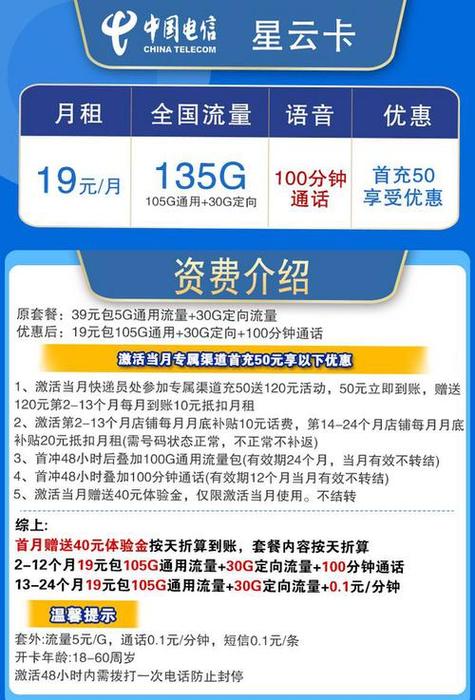Do You Still Buy Data Cards?
Do You Still Use Data Cards?
In the era of ubiquitous connectivity, the question of whether people still use data cards for internet access has become increasingly relevant. With the advancement of technology and the proliferation of wireless networks, the traditional method of using data cards to access the internet might seem outdated. However, the reality is more nuanced. This article delves into the current state of data card usage, exploring their advantages, disadvantages, and the scenarios where they are still preferred over other forms of internet connectivity.

Advantages of Data Cards
Data cards, also known as wireless network cards or SIM cards for portable devices, offer several benefits that make them appealing in specific situations:
Portability: Data cards are small and can be easily carried around, allowing users to access the internet on multiple devices without relying on WiFi hotspots.
Consistency: Unlike public WiFi networks, which can vary in quality and security, data cards provide a consistent connection that users can rely on.
Costeffectiveness: For users who consume data in moderation, data cards can be more costeffective than paying for unlimited data plans on smartphones.
Backup Option: In cases where primary internet connections fail, data cards serve as a reliable backup, ensuring uninterrupted access to online services.
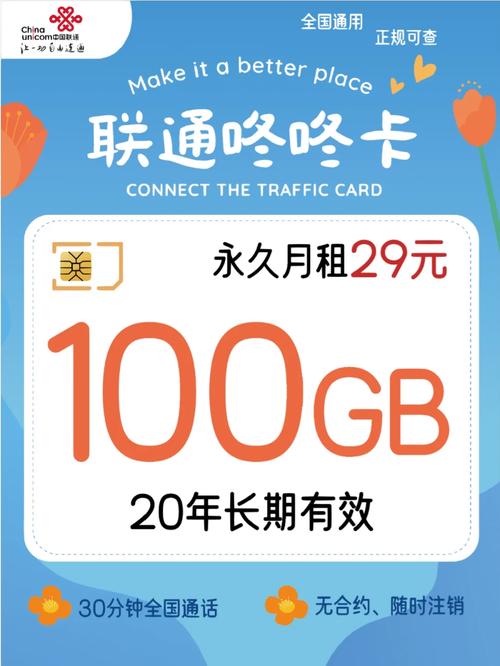
Disadvantages of Data Cards
Despite their advantages, data cards have some drawbacks that limit their widespread use:
Data Limitations: Most data cards come with limited data allowances, which can be quickly exhausted by heavy internet users.
Speed Constraints: Compared to modern broadband connections, data cards often provide slower internet speeds, especially in areas with poor network coverage.
Compatibility Issues: Not all devices are equipped to use data cards, which limits their usability across different platforms.
Expense: For heavy data users, the cost of purchasing additional data can exceed the expenses of other internet connectivity options.
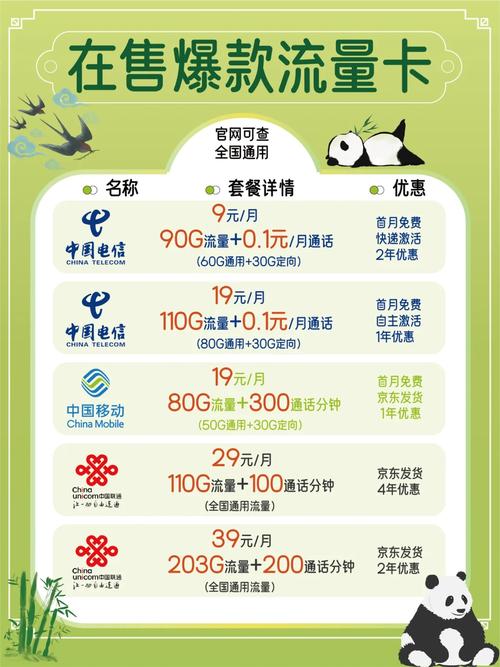
Scenarios Where Data Cards Are Preferred
There are specific scenarios where data cards remain a popular choice:
Travel: When traveling to remote locations or countries with limited WiFi availability, data cards are a convenient way to stay connected.
Rural Areas: In rural or less developed areas where wired internet infrastructure is lacking, data cards provide a vital link to online services.
Backup Connectivity: For professionals who require a reliable internet connection for work, data cards offer a backup option in case of primary connection failures.
Device Specific Use: Some devices, like laptops or older models, may prefer or exclusively use data cards for internet access.
Related Questions & Answers
Q1: Are data cards becoming obsolete?
A1: While the use of data cards has decreased with the advent of more powerful and widespread WiFi networks, they are not entirely obsolete. Data cards still serve a purpose in specific scenarios, such as travel to remote areas or as a backup connection. Their portability and consistency make them a valuable option for certain users and environments.
Q2: How do I know if a data card is right for me?
A2: Consider your internet usage habits and needs. If you frequently travel to areas with limited WiFi access or require a reliable backup connection for work, a data card could be beneficial. Assess your budget and compare the costs of data cards against other connectivity options like smartphone tethering or portable WiFi devices. If you only occasionally need internet access away from home or office and don't consume large amounts of data, a data card might be a costeffective solution.

